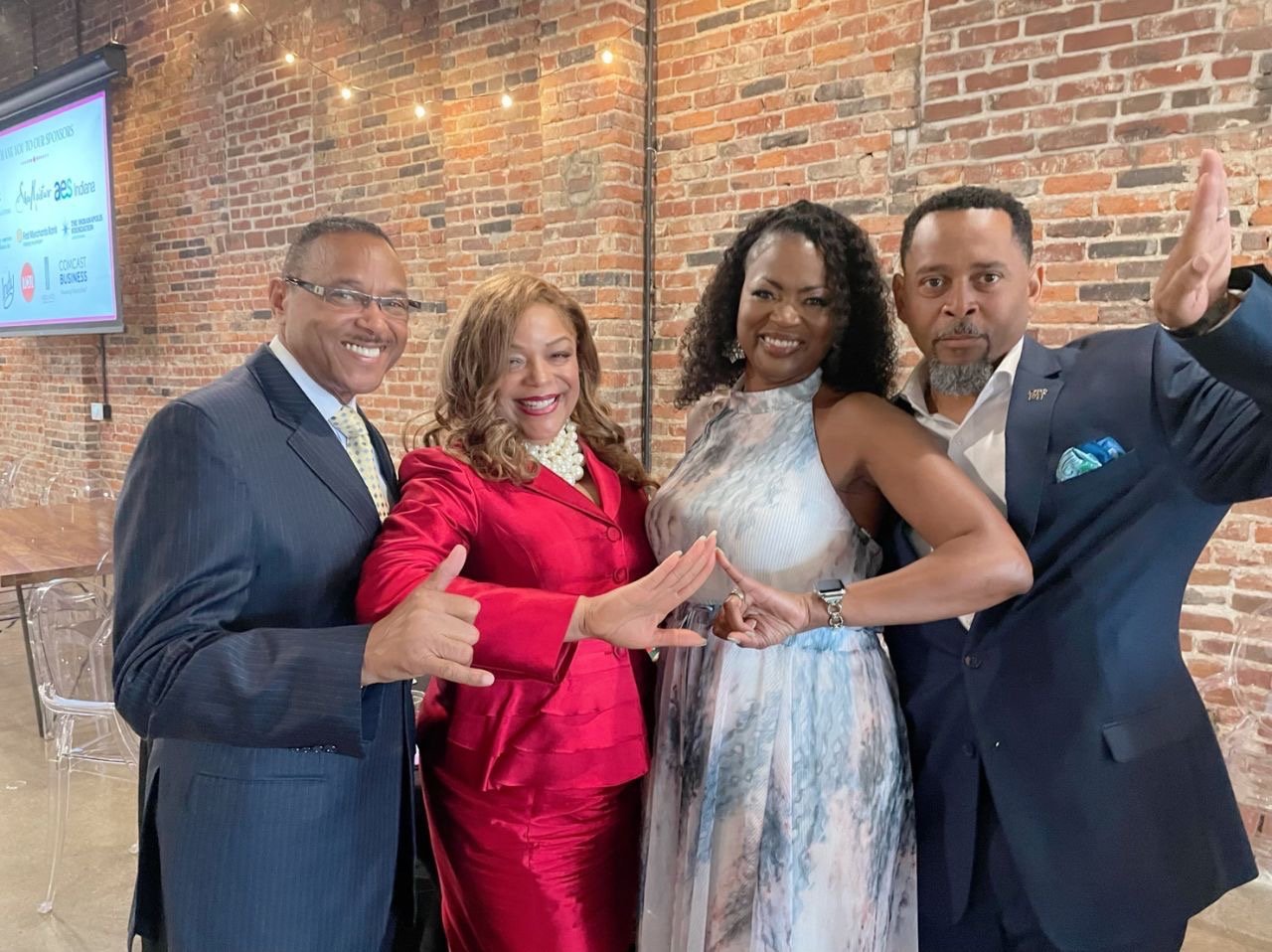Black Greek Life Organizations: The Significance of B.G.L.O
Black Greek Life Organizations are a pillar in Black culture. Read to find out more about their influence.
Black Greek Life is about more than strolling and wearing matching colors. From the outside, it may look like one big party, but Black Greek life is also a significant cultural matter (and the process to join sure isn’t easy). These organizations all share a common commitment to academic achievement and uplifting the Black community.
The Origins
Black Greek Life Organizations (BGLO) trace back to the early 1900s when African American students were excluded from Greek organizations at Predominantly White Institutions (PWIs). The first Black male fraternity Alpha Phi Alpha was founded in 1906 at Cornell University, and the first Black female sorority Alpha Kappa Alpha was founded in 1908 at Howard University.
BGLO were founded on the idea that Black students should have a safe place to build connections within their community and serve others.
The Divine Nine (formerly known as the Pan-Hellenic Council) are well-respected and highly regarded groups in the Black community made up of nine Black Greek organizations. The Divine Nine includes:
Alpha Phi Alpha Fraternity, Incorporated
Alpha Kappa Alpha Sorority, Incorporated
Kappa Alpha Psi Fraternity, Incorporated
Omega Psi Phi Fraternity, Incorporated
Delta Sigma Theta Sorority, Incorporated
Phi Beta Sigma Fraternity, Incorporated
Zeta Phi Beta Sorority, Incorporated
Sigma Gamma Rho Sorority, Incorporated
Iota Phi Theta Fraternity, Incorporated
Each group takes pride in its own colors, symbols, unique hand gestures, and calls. Although six of the Divine Nine were founded at historically Black colleges and universities, the first two Black fraternities were formed on the campuses of PWIs: Cornell University in Ithaca, New York, and Indiana University in Bloomington, Indiana.
What Is It They Do?
Since a pillar of joining BGLO is to uplift and connect within our community, they find it essential to give back. The groups' undergraduate and alumni members routinely collect and distribute food, clothing, and other necessities. Leadership and mentoring programs for young people are cornerstones, as well as voter registration drives and fundraisers to provide scholarships. BGLO also served as plaintiffs and legal representatives in various cases dealing with racial injustice. President Howard of the Divine Nine says, “We’re able to work together to ensure there’s change in the community. We work together to ensure that policies and social policies are being pushed.”
Unlike other Greek organizations, members of BGLO have a sense of family that lasts a lifetime. When you graduate from school as a member of a Black sorority or fraternity, you don’t just leave. You begin your new chapter as an alum. The alumni of Black sororities and fraternities are very active in the community and with new pledges.
"African-American fraternities and sororities are just as integral of the Black community as the Black church," said Lawrence C. Ross, the author who coined the phrase "The Divine Nine" for one of his books. "They represent kind of the idea that African Americans who are going to college can also be something larger than themselves."
The Divine Nine are still as important today as they were over a century ago because African Americans continue to face particular difficulties in their communities and on college campuses. Whether you are actively enrolled as a BGLO student, or in your alum chapter, you are a piece of something larger than yourself that is very powerful, significant, and rich in Black culture.
To see recognizable people in the Black community and what they pledged: https://bit.ly/essenceBGLO
Sources
The history of Black sororities and fraternities
The Divine Nine and the Civil Rights Movement: How Fraternities Like Kappa Alpha Psi Made History
Black sororities have stood at the forefront of Black achievement for more than a century
Enduring Bonds of Black Sororities and Fraternities Last a Lifetime
Samone Long is a freelance writer and contributing writer for HOPE Magazine and Triad Voice Magazine. She has a passion for writing about human rights, and social reform. One of her main goals is to inspire minorities to advocate for themselves, educate themselves, and uplift one another.
